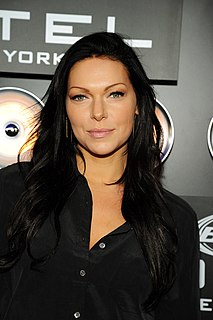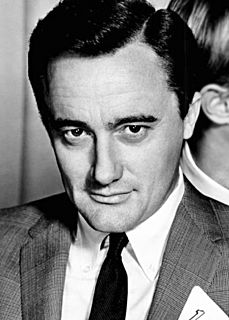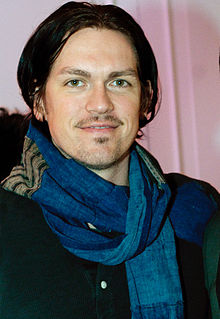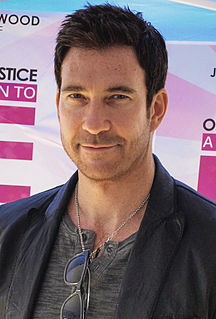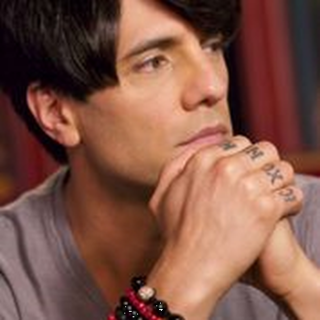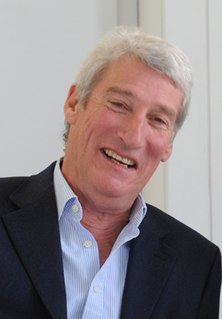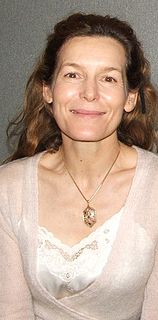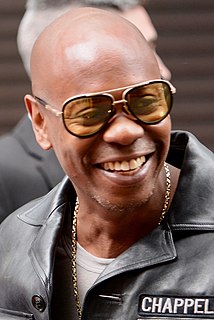A Quote by Barbara Ehrenreich
So why do people keep on watching? The answer, by now, should be perfectly obvious: we love television because television brings us a world in which television does not exist. In fact, deep in their hearts, this is what the spuds crave most: a rich, new, participatory life.
Related Quotes
There is a difference. You watch television, you don't witness it. But, while watching television, if you start witnessing yourself watching television, then there are two processes going on: you are watching television, and something within you is witnessing the process of watching television. Witnessing is deeper, far deeper. It is not equivalent to watching. Watching is superficial. So remember that meditation is witnessing.
I do think this is where television is going, and I think that it's awesome to be a part of a show like this because we are these pioneers into this new medium. And it's working. When you look at the success of House of Cards and Arrested Development, which I love, this is how people are watching television now. It's pretty cool to be a part of this whole thing.
I've really dreamed of doing television. All of us do television, coming up. But when I was coming up, television was a black hole for actors. Now, television has a certain cache. Now everybody wants to be on TV because they're doing adult dramas. If you're an actor, it's like, "Well, get me on television," because it's the only place you can do it and also make a living at it. If my kids need shoes, I better do a TV show because I damn sure don't make any money with independent films.
The days of television as we knew it growing up are over. You have a bigger, wider world audience on the Internet, larger than any American television series. People don't watch television in the same context as before. Nowadays they watch their television on the Internet at their convenience. That's the whole wave, and it's now - not the future.


